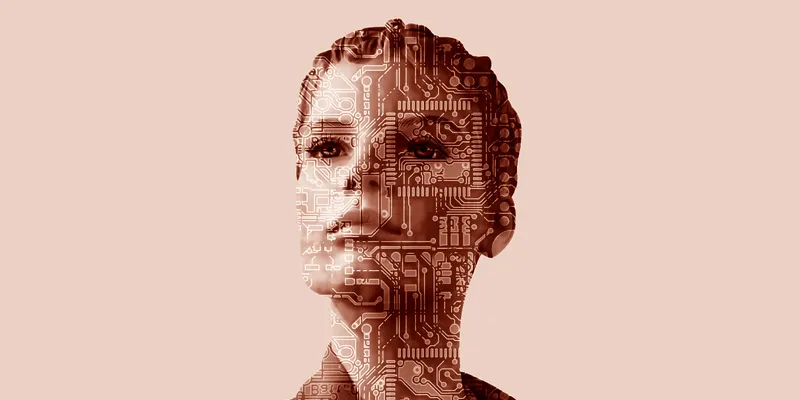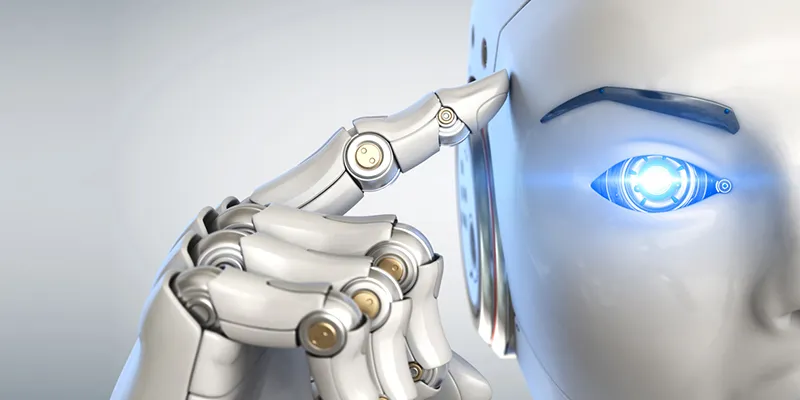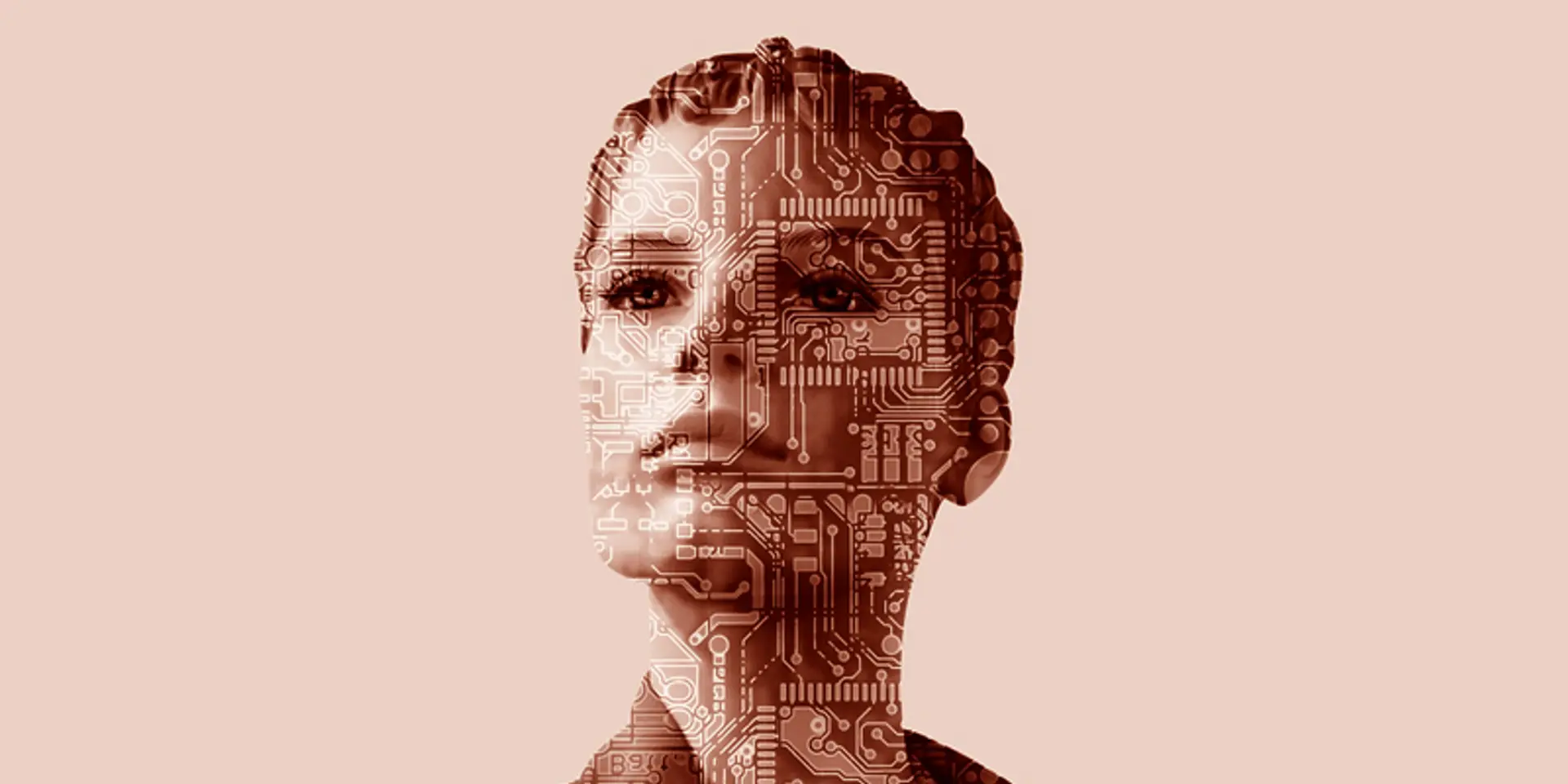3 ways in which AI will be integrated in our daily lives in the 2020s
Our personal devices would know us more than we know ourselves. They might even increase our life span.
That Artificial Intelligence (AI) will change the ways of the world in the 2020s is a foregone conclusion. Perhaps its greatest — and most defining — impact would be felt on personal devices and the way humans interact with them.
‘Emotion AI’ systems are becoming so nuanced and powerful that our devices will soon know more about our emotional being than our friends or family ever did. Several prototypes and commercial products have already added emotional context by analysing data points from users’ facial expressions, voice intonation, and behavioural patterns.

This could be a potential “game changer” in personal tech, says Gartner in a new research. It has identified three key ways in which AI will intricately be linked to our daily lives in the next few years.
Health scare detection and life enhancement
By 2021, ten percent of wearable device users will have improved lifestyles, thereby adding six months on an average to their life spans. Specialised devices such as medical wristbands will help anticipate life-threatening conditions and facilitate an early response system. In some cases, they would prevent fatalities too.
Last month, a 50-year-old man was notified by the Apple Watch of an impending heart attack. While all his tests and health scans seemed perfect, a third-party app called HeartWatch helped detect his rising heart rate during sleep. It sent him an alarm, woke him up, made him rush to the hospital, and ensured that a fatality was averted.
"We are seeing growing numbers of users actively changing their behaviour for the better with the adoption of a wearable device. There is evidence that one or two out of ten smartwatch and fitness band users discover a condition such as sleep apnea or cardiac arrhythmia by wearing the device,” Annette Zimmermann, Research Vice President at Gartner, states in the report.
Digital authentication through Machine Learning
Password-based authentication on personal devices is becoming less effective with each passing day. Reports suggest that even biometrics-based authentication (which is gaining in popularity in India) is only 75 percent accurate since dirt and sweat on fingerprints interfere with accuracy.

By 2022, both passwords and biometrics stand to lose a bit of sheen. Less than 10 percent of digital authentications would be through passwords, Gartner estimates. On the contrary, security technology that combines machine learning, biometrics and AI-tracked user behaviour would gain ground. It would bring about secure and “frictionless authentication”.
“Users need more convenient and accurate options for unlocking their devices. Within the next five years new security technology will recognise the user, prevent fraud and detect automation threats such as malware, remote access trojans and malicious bots,” CK Lu, Research Director at Gartner, notes in the report.
Voice interactions with personal devices
2017 witnessed significant activity in the cloud-based AI space with tech giants Google, Amazon, Microsoft and Tencent stepping up their respective offerings. More companies are now creating complex AI-enabled products and services that enhance user experiences. The rising adoption of screenless devices like Amazon Echo and Google Home has been brought about by the increased usage of VPAs and natural-language technologies.
"We are starting to see adoption of these services (cloud-based AI) from high-profile vendors that are using them to widen their reach. Fitbit uses Alexa Skills to make user stats and functionality available through VPA speakers just as Netflix uses Actions for Google Assistant to voice control its service,” Anthony Mullen, Research Director at Gartner, observes in the report.
Hence, AI will practically be integrated in every aspect of personal devices. As for companies, whoever fails to get into the bandwagon will face obliteration.







